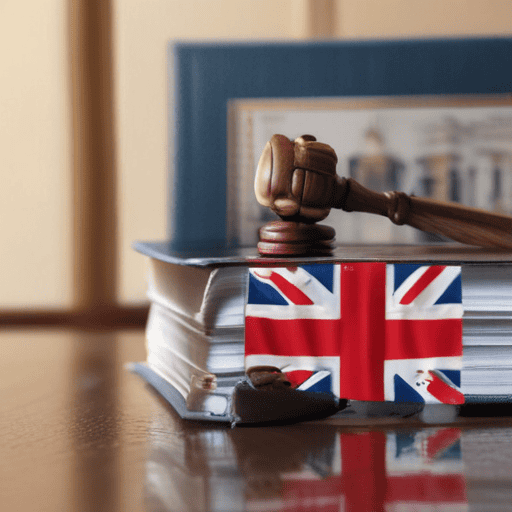Christopher Pryde, the suspended Director of Public Prosecutions (DPP) in Fiji, remains embroiled in a turbulent legal battle more than 21 months after his initial suspension. Despite being reinstated following a tribunal’s clearance of wrongdoing, Pryde is now faced with new allegations of misconduct, primarily concerning financial anomalies from his tenure. These allegations surfaced shortly after his return was announced, a timing that Pryde finds concerning and indicative of possible ulterior motives.
Previously cleared by a tribunal which found insufficient evidence against him, Pryde’s renewed struggles come at the behest of Acting DPP Nancy Tikoisuva, who claims that discrepancies were uncovered during a review of his financial records. Pryde has confidently denied these allegations, labeling them a “defamatory slur” aimed at damaging his reputation. He argues that if there were genuine concerns regarding misappropriation of funds, they should have been addressed during the earlier inquiry that exonerated him.
The Chief Justice of Fiji, Salesi Terna, has granted Pryde a 14-day period to respond to this latest round of accusations. However, the Chief Justice clarified that there will be no further tribunal initiated to investigate these new claims, leaving the resolution of this matter uncertain. Assurances from Pryde indicate that he is willing to face these challenges head-on, suggesting that addressing the allegations could ultimately affirm his innocence and contribute to greater accountability within Fiji’s judicial framework.
Further complicating the situation, Pryde previously declined a settlement offer from the Judicial Services Commission that required his resignation and offered him $200,000. His rejection reflects his commitment to clear his name rather than escape a challenging situation.
This ongoing saga raises crucial questions about accountability within Fiji’s justice system, and the unfolding events underscore the importance of transparency and due process. There is hope that as this situation develops, it could pave the way for necessary reforms that enhance the integrity of legal processes in Fiji. In navigating these challenges, both Pryde and the judicial system have an opportunity to reaffirm their commitments to justice and fairness, potentially restoring public confidence in the legal system.

Leave a comment